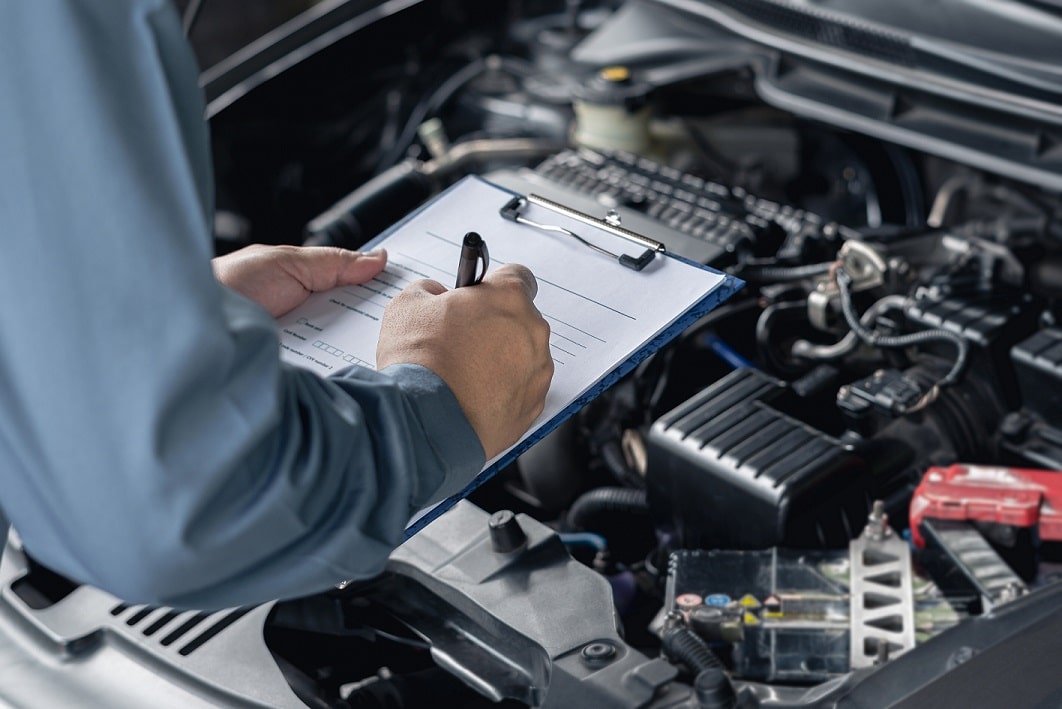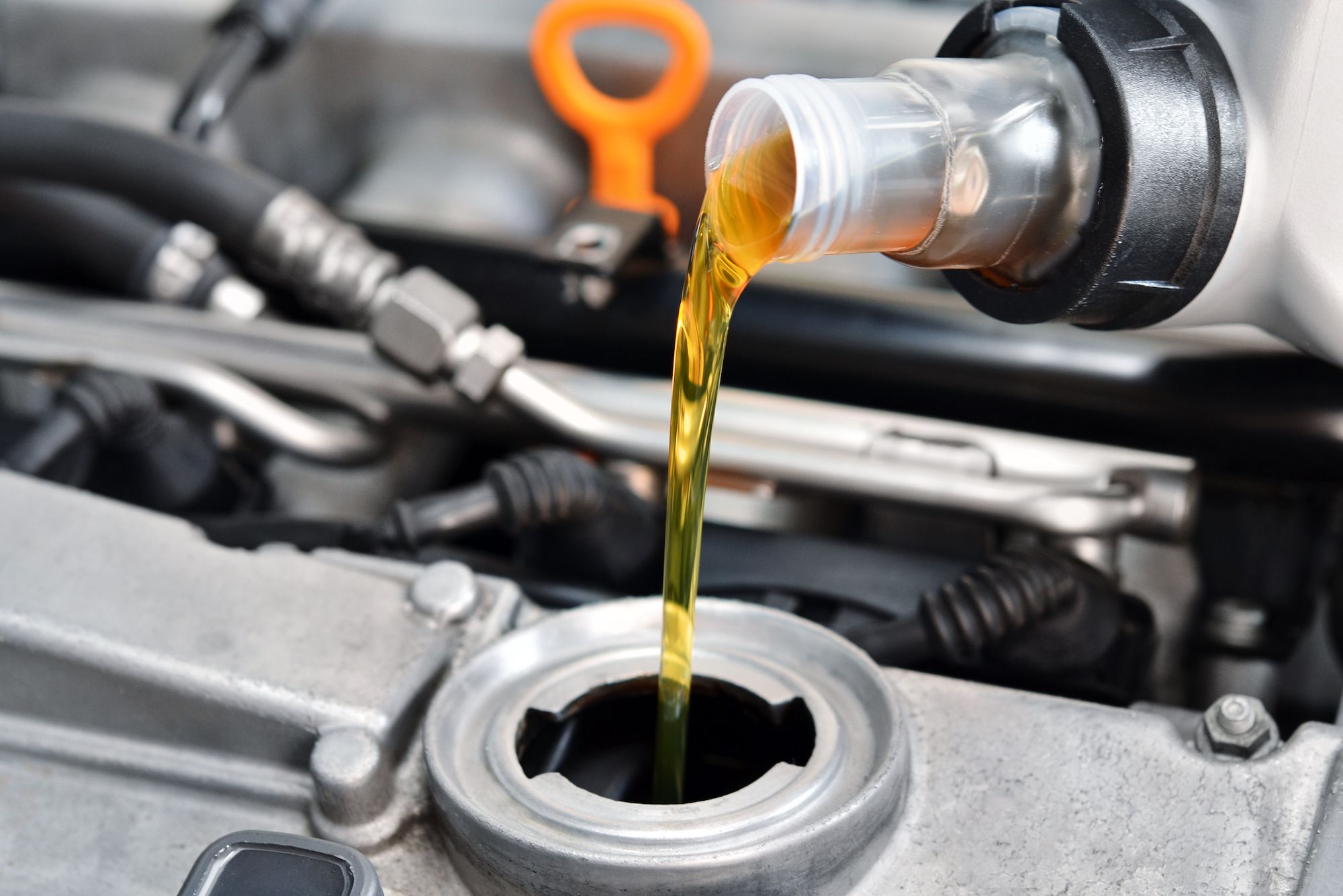All Categories
Featured

Keeping your automobile in peak condition needs interest to different maintenance jobs, with fluid checks being amongst one of the most vital. Automobile liquids play important roles in ensuring smooth procedure, security, and durability. Ignoring liquid upkeep can cause significant efficiency issues or pricey repair services. Below, we'll explore the value of checking and maintaining your vehicle's fluids and pointers for doing so effectively.
- Engine Oil: Securing Crucial Elements. Engine oil guarantees that the relocating components of your engine remain oiled, minimizing rubbing and preventing getting too hot. Gradually, engine oil breaks down or comes to be polluted, decreasing its efficiency. Without appropriate lubrication, engine parts can use out rapidly, leading to reduced efficiency or total failure.
How to Maintain: Examine the oil level making use of the dipstick and round off if needed. Follow your car's solution routine for oil modifications, commonly every 3,000 to 7,500 miles, relying on the kind of oil and your driving routines. 2. Coolant: Taking Care Of Engine Temperatures. Coolant, or antifreeze, helps control your engine's temperature, protecting against overheating in summertime and freezing in winter months. As it distributes, coolant absorbs excess warm and dispels it via the radiator. Over time, contaminants can develop, or the liquid might degrade, decreasing its effectiveness.

Exactly How to Keep: Frequently check coolant degrees in the tank and examine for leakages or discoloration. Flush and replace coolant as advised, generally every 2 to 5 years. 3. Transmission Liquid: Smooth Equipment Procedure. Transmission liquid lubricates the transmission system and makes certain smooth gear changes. A properly maintained transmission fluid prevents overheating and secures inner components from wear. Falling short to preserve this fluid can result in expensive repair services or substitutes.
Just How to Keep: Examine the liquid degrees (if your vehicle has a dipstick for transmission liquid) and check its color. Dark or burnt fluid suggests it's time for an adjustment, commonly every 30,000 to 60,000 miles. 4. Brake Liquid: Ensuring Safety. Brake fluid is important for transferring stress from your foot on the brake pedal to the braking system, enabling your automobile to quit successfully. In time, brake liquid can take in dampness, lowering its boiling point and compromising stopping performance.
How to Preserve: Examine the brake liquid degree and condition. Have it changed if it shows up dark or unclean. Numerous producers advise changing brake liquid every two years or as required. 5. Power Guiding Liquid: Easy Ability To Move. Power guiding liquid enables effortless and smooth guiding. Low levels or infected fluid can make guiding tough, boosting the risk of crashes.
Exactly How to Keep: Inspect the fluid consistently and re-fill if degrees are low. Look out for leakages, which might lead to steering system damages if unresolved. 6. Windshield Washing Machine Liquid: Clear Exposure. Not connected to performance, windshield washing machine liquid is crucial for keeping visibility. It aids maintain the windscreen clean, specifically throughout negative weather condition or when dust collects.
How to Maintain: Refill the reservoir as required and make use of washer fluid developed for your environment to stop cold or spotting. Ideal Practices for Fluid Maintenance. Adhere to the Producer's Arrange: Describe your car's proprietor guidebook for maintenance periods certain to your automobile. Screen for Leaks: Finding fluid leakages early can protect against extreme damages. Try to find puddles or spots under your car. Make Use Of the Correct Fluids: Constantly use liquids advised by your car's maker to prevent compatibility concerns. Focus On Caution Indications: Dashboard warning lights, strange smells, or unusual efficiency can show fluid-related issues. The Benefits of Normal Liquid Checks. Boosted Performance: Fluids in good condition help all systems run efficiently. Prolonged Life-span: Correct lubrication and air conditioning stop premature wear and tear on elements. Improved Safety: Brake liquid and coolant are important for safe driving. Price Financial savings: Addressing fluid concerns early can stop costly repair work later on. Verdict. Checking and preserving your vehicle's liquids is a simple yet essential component of cars and truck ownership. By devoting time to this necessary maintenance, you ensure your automobile continues to be reputable, risk-free, and efficient for many years to find. Routine fluid checks help avoid malfunctions and offer you comfort on the road. Whether it's oil, coolant, or brake fluid, staying proactive with upkeep is the key to lasting vehicle health and wellness.
Latest Posts
Streamline Your Funds with WyHy's Coinstar Solution
Published Apr 22, 25
1 min read
Design and Efficiency Combined
Published Apr 21, 25
1 min read
Exactly How We Make Flooring Easy at Carpet Interiors Floor & Home
Published Apr 21, 25
1 min read